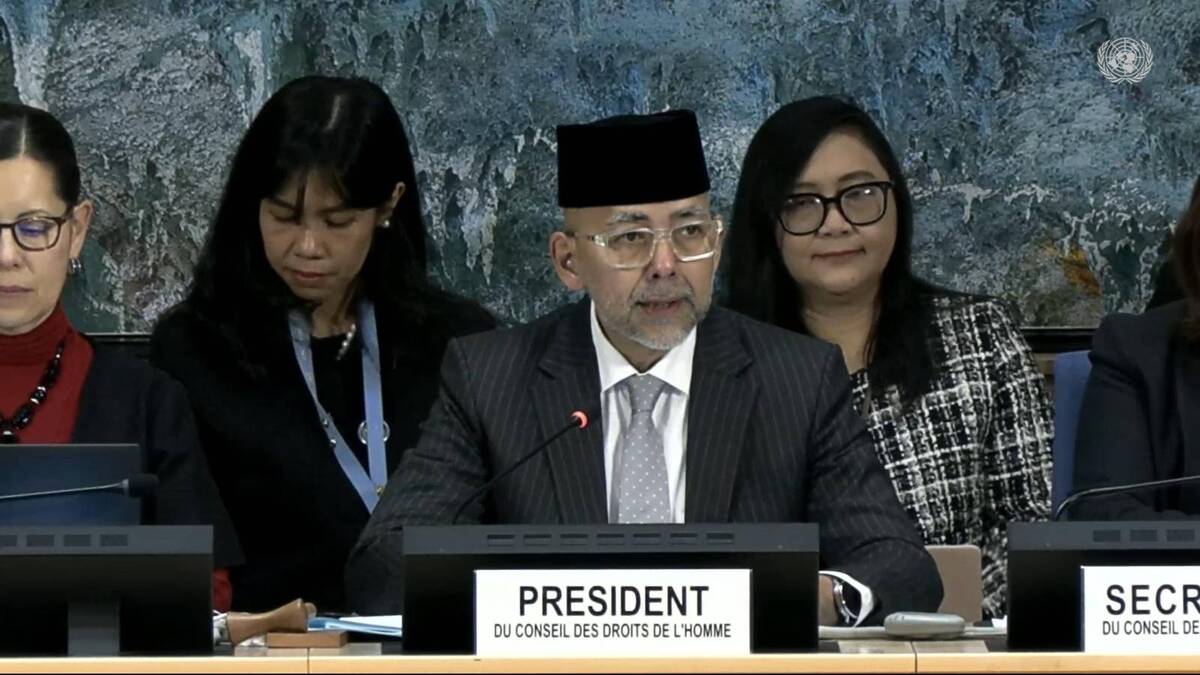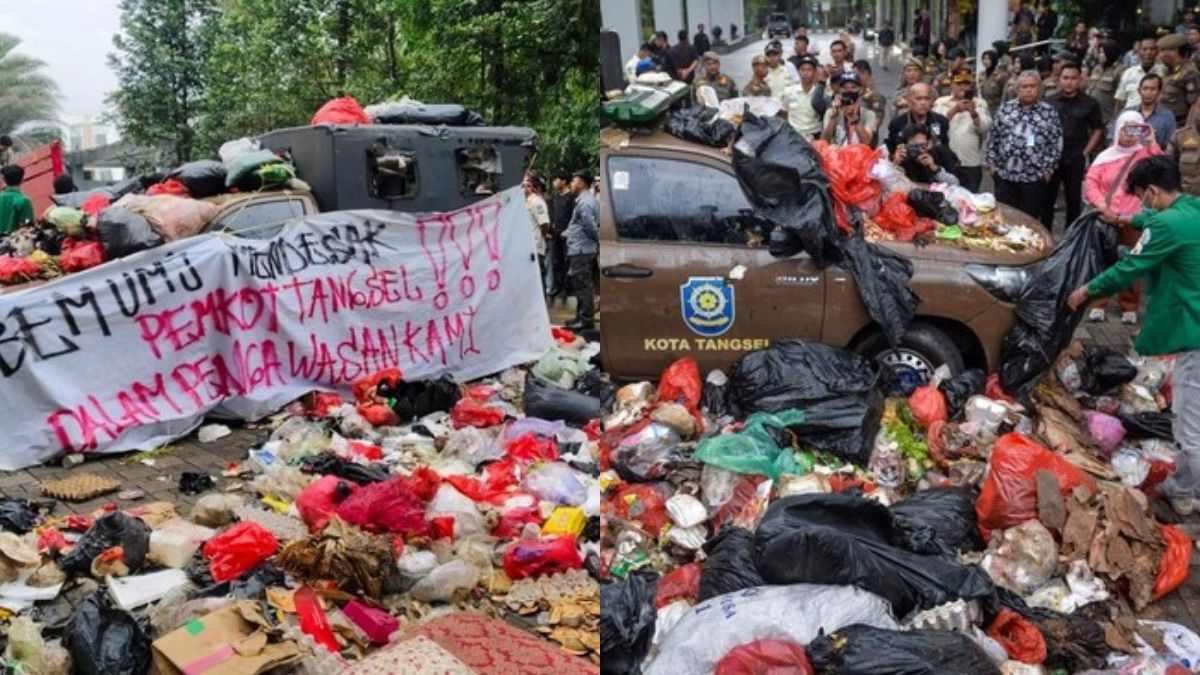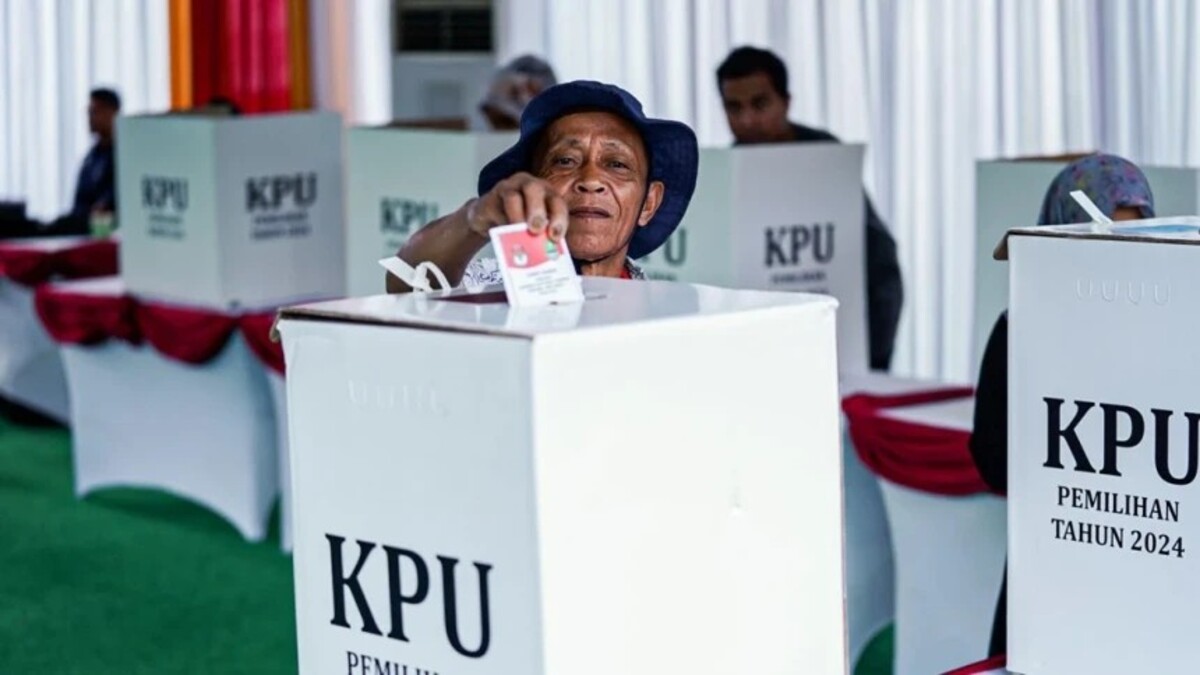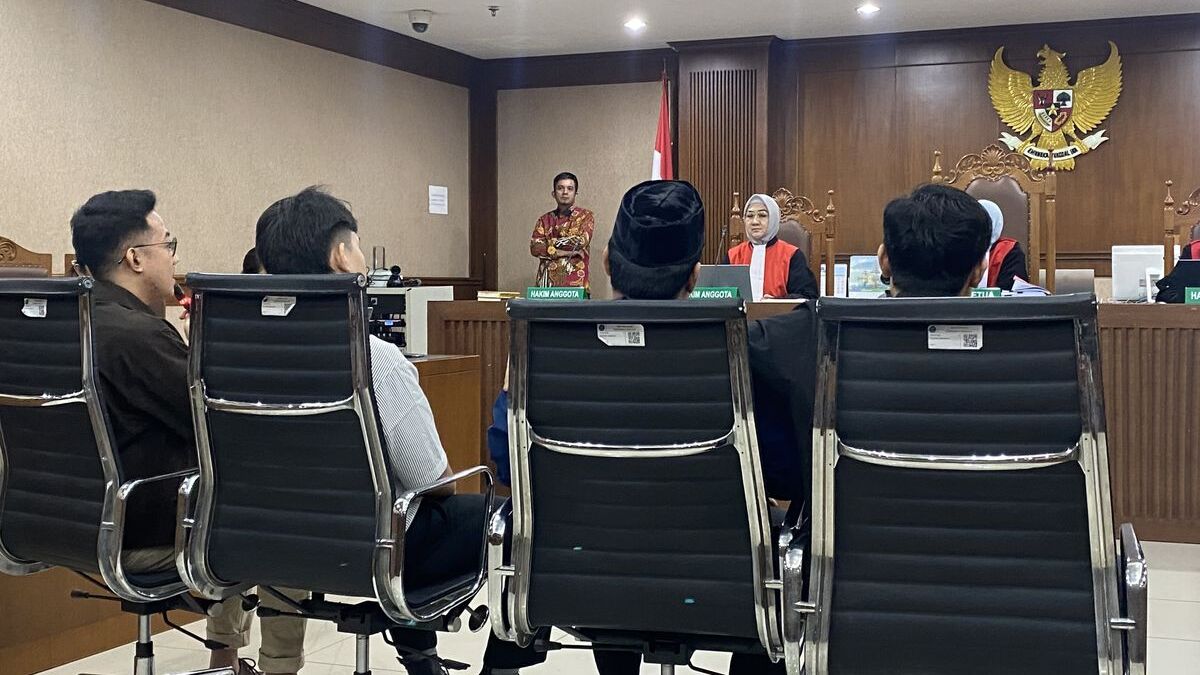Indonesia eyes trilateral data-centre tie-up with Singapore and Malaysia under green energy scheme
Indonesia is in talks with Singapore and Malaysia to develop a cross-border data-centre network linked to its Green Super Grid. Officials say the project could boost regional digital infrastructure, though analysts warn of regulatory and energy-supply challenges.

- Indonesia, Singapore and Malaysia are negotiating a major cross-border data-centre project, leveraging Indonesia’s Green Super Grid.
- Indonesian officials frame the initiative as both a digital infrastructure boost and a clean-energy market.
- Regional tech stakeholders highlight sustainability and strategic value; analysts note regulatory and energy-cost challenges.
The Indonesian government is advancing plans to build a trilateral data-centre network spanning Indonesia, Singapore and Malaysia, anchored by its ambitious Green Super Grid, officials said.
The proposal, first publicly raised by Coordinating Economy Minister Airlangga Hartarto, outlines a data infrastructure that would not only host computing workloads but also serve as a major buyer of clean electricity exported from Indonesia.
According to Antara, Airlangga confirmed that negotiations are underway for a “data centre trilateral” involving Indonesia, Singapore, and Johor in Malaysia, with the goal of scaling up digital infrastructure while deepening regional energy and economic ties.
He added that the Green Super Grid – Indonesia’s planned renewable-energy transmission network – is a core component of the proposal: the data centre cluster would act as a steady, large-scale consumer of clean power.
The Indonesian government has already signed a Memorandum of Understanding for clean-energy exports to Singapore, laying the groundwork for interconnected infrastructure development.
At the same time, Indonesian digital-infrastructure firm NeutraDC (a Telkom subsidiary) is positioning itself as a key player in the cross-border ecosystem.
In a recent SIJORI Cloud & Datacenter Convention in Singapore, NeutraDC underscored its ambition to build “AI-ready” data centres across the SIJORI corridor (Singapore, Johor, Riau), leveraging its shared intelligence and regional connectivity.
From a Malaysian-Singapore perspective, this trilateral plan aligns with broader regional digital-economic integration.
The ASEAN Business Advisory Council (ASEAN-BAC) has promoted the concept of “trusted data corridors”, where cross-border data flows are governed by harmonised regulation and mutual trust frameworks — and SIJORI is often cited as a working model.
Meanwhile, industry trends in data centre development appear to support the strategy. For example, Malaysian and Indonesian data-centre operators are designing facilities that are “AI-ready” and energy-efficient.
On the energy side, BDx Data Centers (which operates in the region) signed a 50 MW deal with HEXA Renewables to supply renewable power to Singapore-Malaysia grid — a signal that cross-border green infrastructure is already being financially and practically developed.
From the Singapore government’s side, while there is no direct public announcement linking the SIJORI-Indonesia-Malaysia data centre plan to specific Singapore policy documents, Singapore and Indonesia recently strengthened cooperation on cross-border electricity and green infrastructure.
In a June 2025 leaders’ retreat, Singapore’s Minister-in-charge of Energy and Science & Technology, Dr Tan See Leng, and Indonesia’s Energy Minister Bahlil Lahadalia signed MOUs relating to cross-border electricity trade and a sustainable industrial zone.
Analysts, however, caution that aligning digital infrastructure with renewable energy exports is not without challenges. Malaysian energy officials have warned that data centres, especially large ones, impose significant demands on power and water.
Indeed, to manage resource pressure, Malaysia is reportedly considering charging a premium for utilities used by such facilities.
For Indonesia, the potential upside is significant: building this data-centre network could help position the country as a regional digital hub and anchor for green energy exports, while stimulating local investment in high-performance computing infrastructure.
For Singapore, the benefits include access to renewable-powered compute capacity beyond its own land-constrained territory.
For Malaysia (Johor), the plan offers a way to scale its data-centre footprint with both regional demand and green-energy alignment.
Still, execution will be critical — the partners will need to negotiate not only power-purchase terms and grid infrastructure, but also regulatory frameworks, data governance issues, and cross-border operations.
The plan also raises strategic questions: how to balance national energy security versus export ambitions, how to structure power-purchase agreements, and how to ensure the data-centre network stays aligned with evolving technology demands.
If successfully implemented, the cross-border data-centre initiative could set a precedent for deeper digital-green cooperation in Southeast Asia. It may become a real-world embodiment of the trusted data corridor concept, combining sustainability, regional growth, and technological integration in a way that few existing frameworks have achieved.








0 Comments